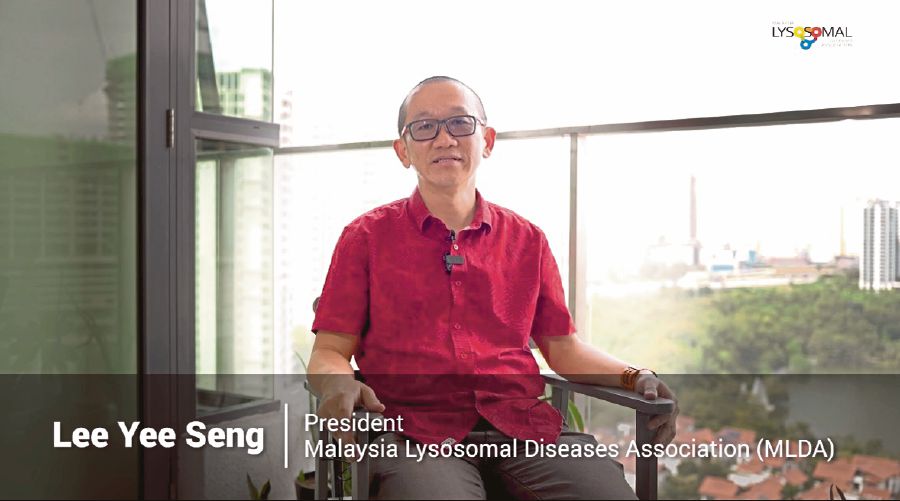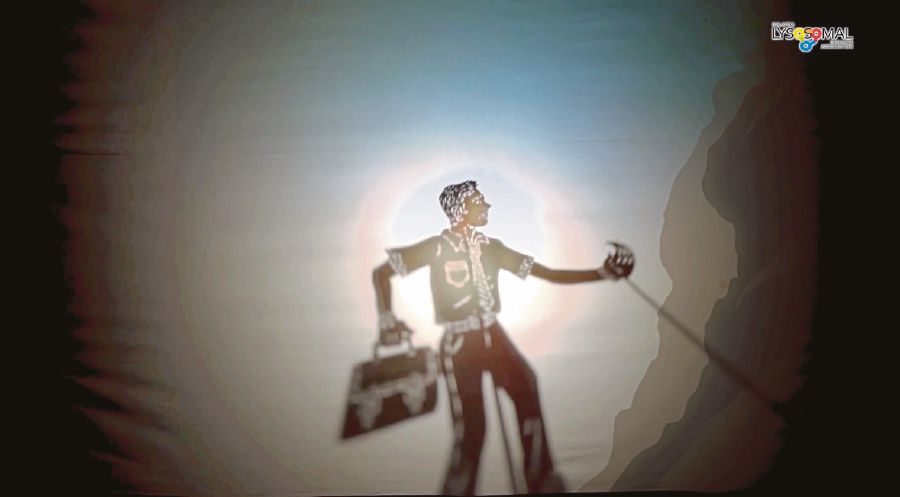WITH only 16 rare disease specialists in Malaysia, there are often delays in diagnosis for patients facing such conditions.
Those with lysosomal storage diseases (LSDs) for example face many challenges, from diagnosis to treatment.
LSDs are rare metabolic disorders that primarily affect children, impacting their growth and development.
Many of the symptoms are non-specific, affecting multiple organs or mimic more common conditions, making them difficult to diagnose.
The challenges persist in securing access to treatment following diagnosis. Enzyme Replacement Therapy (ERT) comes at a high cost, often exceeding RM500,000 per year, and depending on the specific rare disease and the patient's unique requirements, the expenses could escalate.
Many patients find themselves in need of financial assistance from diverse sources to cover the expenses of ERT.
Additionally, there are the associated costs of supportive therapies, such as physical therapy, pain management and dialysis.

The Malaysia Lysosomal Diseases Association (MLDA) serves as a voice for patients with LSD as they, together with their families and caregivers, have limited information and resources to cope with managing these conditions.
"Few people understand the challenges of raising a child with LSD or how symptoms can severely affect a patient's independence and quality of life," says MLDA president Lee Yee Seng.
Treatment with ERT is essential to keep their condition from getting worse, relieve symptoms and prolong their life span, adds Lee.
"However, the cost is prohibitive for the average patient. This is why we are determined to boost awareness about these conditions and help provide financial support through sponsorships and fundraising efforts."

This year, MLDA, in collaboration with Fusion Wayang Kulit under the leadership of Tintoy Chuo, has embarked on a project to share patient-inspired stories through the traditional art of shadow play, or "wayang kulit", but with a modern touch.
Each tale depicts a different aspect of how patients and their families are affected, from social isolation and loneliness, the despair parents feel when faced with their child's suffering, to the uphill battle in search of the right diagnosis and the financial burden of treatment.
"We hope these stories will resonate with all Malaysians, who can surely relate to the pain and suffering of these patients and be inspired to support our mission in any way they can," says Lee.

MLDA is a non-profit organisation founded in 2011 by eight families, based on the combined need to strongly advocate for a sustainable healthcare system for their children.
Today, it continues to advocate for patients' rights while boosting public awareness about the nature of life-threatening LSDs.
The association also works with the Health Ministry to champion the needs of LSD patients.
For more information, visit www.mymlda.com.
Stock metabolic vitamins during Ramadan by using this iHerb promo code




